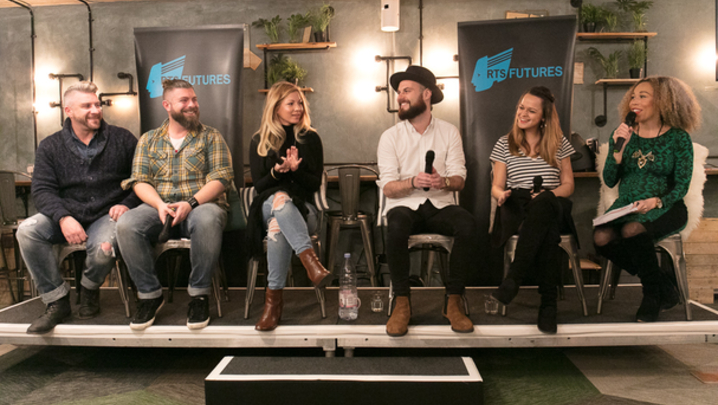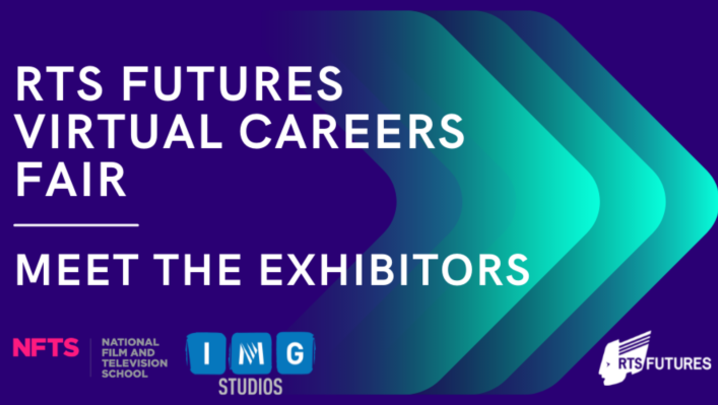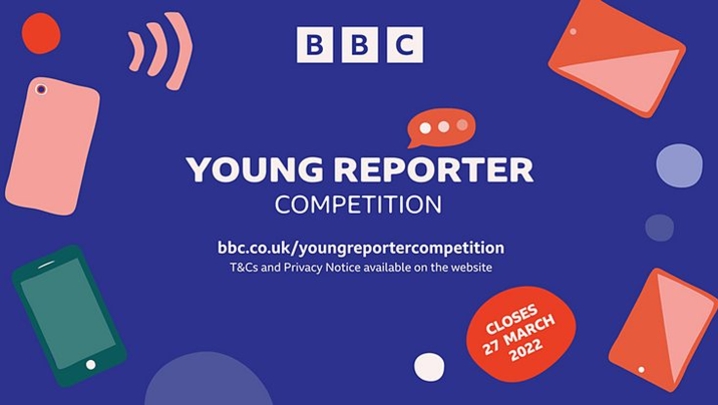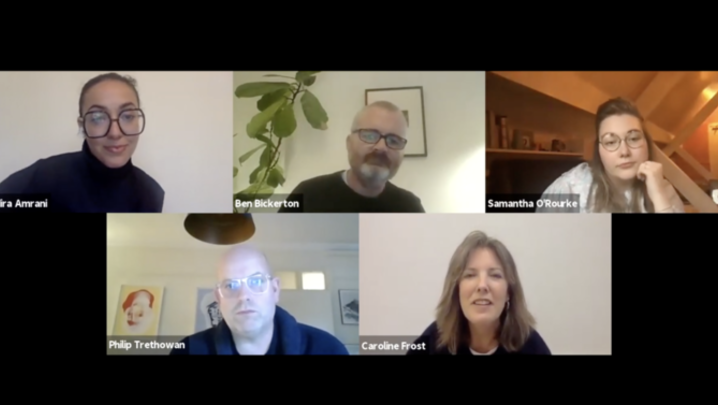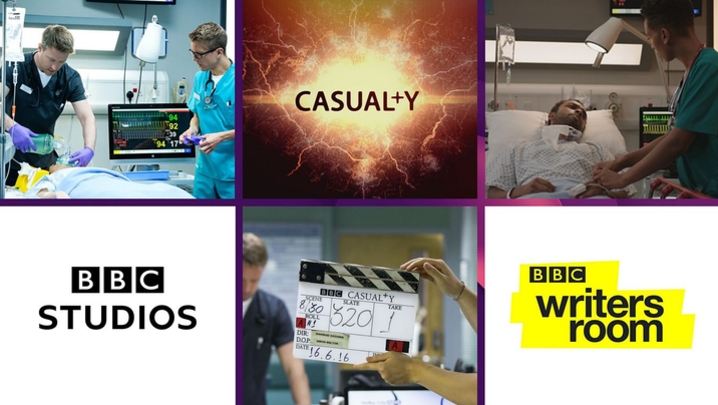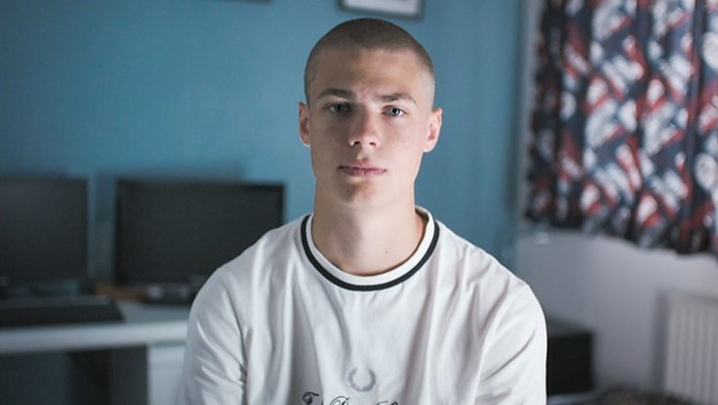“The brilliant thing about this industry is that it’s full of creative, resourceful people,” said Natalie Spanier, who was optimistic about the future of television, despite the damage inflicted on it during the coronavirus crisis.
“I’ve seen a tonne of people in these last few weeks reinvent themselves and how they’re doing things … At Nutopia, we’ve been working on amazing remote filming kits.
“Creative people are the most adaptable, so I’m very optimistic.”
The head of talent at factual producer Nutopia was part of a panel of talent executives talking at RTS Futures’ inaugural Zoom event – “Ask me anything” – in early May.
Futures members had emailed questions to the panel, including how to stand out at an interview with a production company for a TV-entry job.
Daniell Morrisey, the BBC’s senior editorial early careers schemes manager, said: “It’s probably the number one piece of advice – do some research and know what that company makes.”
Interviewers, he added, “always ask, ‘What shows of ours do you like?’… I can’t tell you how many people are incapable of answering that question.”
Caroline Carter, BBC Studios’ Documentary Unit talent executive, added: “Now is a really good time to do that research. Watch, make lists, work out which genres of television you’d love to work in and which companies are making that output.”
“Be honest with talent managers because the truth will out,” added Julia Waring, head of production talent at RDF Television. “I’m looking for people who I can progress in our company. We make factual television, so I’m not going to warm to someone who I discover really wants to work in drama.”
Grab hold of any work experience, no matter how dull, urged the panel – you will get noticed. Waring recalled one officer runner who left after one day, letting down the rest of his team: “It was a week of paid work and he really felt he was above doing basic office jobs.”
“Office running is such a great opportunity to be seen,” added Morrisey, “It always leads on to other work if you show willing and you’re good.”
Jessica Wilson, talent executive at Potato, which is part of ITV Studios, outlined what she looks for in a runner: “Someone who is enthusiastic about that role and who really understands the programme they’re coming to work on. I cannot stress how much it matters that you really know the show you are applying to.”
Independent talent executive Susie Worster added: “In a freelance word, people will move on after they’ve finished a production. … Make contacts from the moment you start.”
Work experience matters, even if it’s not in television. “We’ve employed people who’ve worked in call centres, with refugees and in food banks. The experience of working with people and a love of telling stories goes a long way. Even if you can’t get work at the moment in your chosen field, there are other things that you can be doing to enhance your CV,” said BBC Studios’ Carter.
“Get in touch now,” urged Nutopia’s Spanier. “Just because lots of things have been frozen, doesn’t mean that other [programmes] aren’t starting to happen.”
BBC Studios drama and comedy talent executive Carrie Britton, who hosted the RTS Futures event, concluded: “There’s no right or wrong way to get into telly – keep at it, keep beavering away.”
The RTS Futures event, “Ask me anything”, was produced by Carrie Britton, Caroline Carter and Daniell Morrisey.




